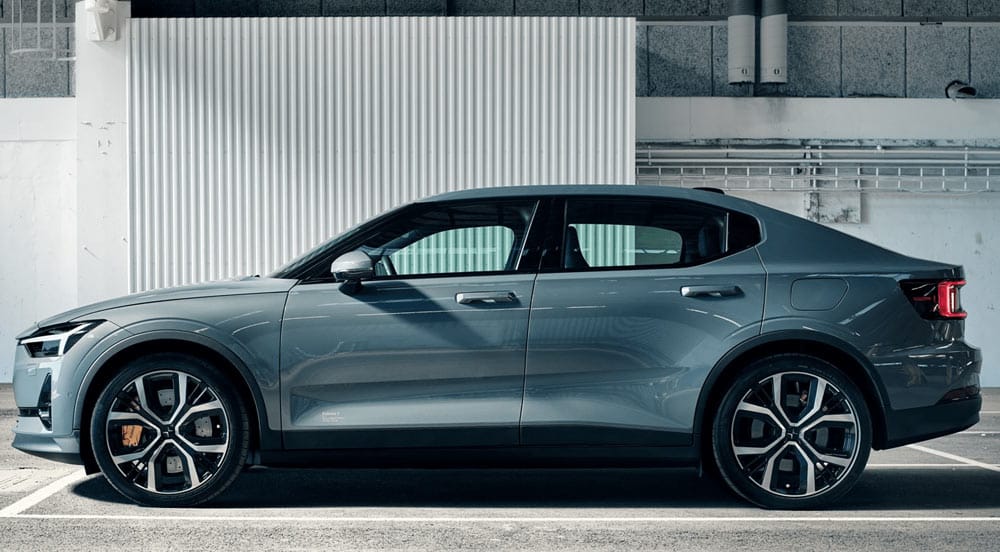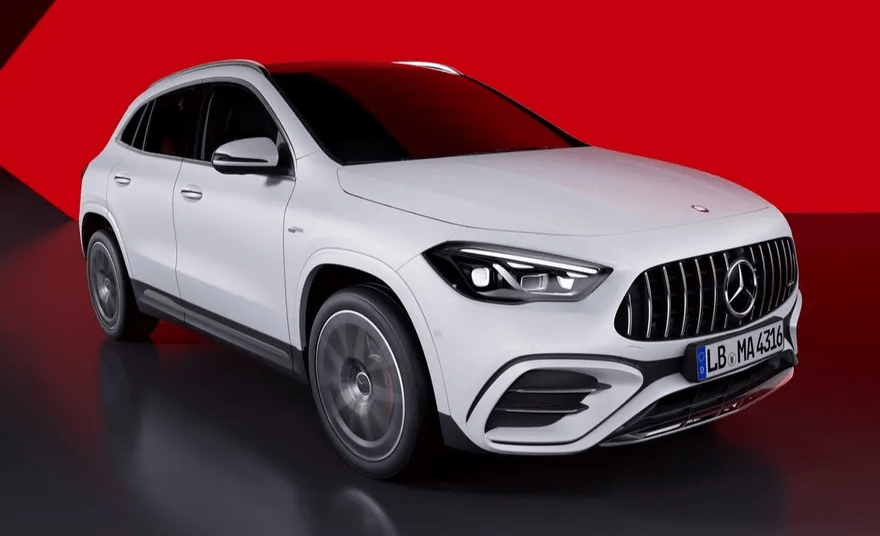Electric vehicles (EVs) are taking the UK by storm, with more drivers than ever making the switch to greener, more cost-effective driving. But is leasing an EV the best option for you? In this guide, we’ll explore everything you need to know about leasing an electric car in the UK, including the benefits, costs, and how to find the best deals.
Why Lease an Electric Vehicle?
Leasing an electric vehicle comes with several advantages that make it an attractive option for UK drivers:
- Lower Monthly Costs – Leasing an EV allows you to drive a brand-new car without the high upfront cost of purchasing one outright.
- No Depreciation Worries – Electric cars depreciate in value quickly due to advancing technology. With leasing, you return the car at the end of the term without worrying about resale value.
- Access to the Latest Technology – EV technology is evolving fast. Leasing means you can upgrade to a newer model every few years, ensuring you always have access to the latest battery ranges and features.
- Lower Running Costs – EVs cost significantly less to run compared to petrol or diesel cars, thanks to cheaper charging and fewer moving parts requiring maintenance.
How Much Does It Cost to Lease an EV?
Leasing costs for electric cars vary depending on the model, contract length, and mileage allowance. However, prices have become more competitive as EVs have gained popularity. On average:
- A small EV like the Nissan Leaf or Renault Zoe starts from around £200-£250 per month.
- A mid-range EV such as the Tesla Model 3 or Volkswagen ID.4 costs between £350-£500 per month.
- A premium EV like the Audi e-Tron or BMW iX can exceed £600 per month.
Additional costs to consider include an initial rental payment (usually 3-9 months upfront), servicing, and insurance.
Charging an Electric Car in the UK
One of the key considerations when leasing an EV is how and where you’ll charge it. The UK’s charging infrastructure is expanding rapidly, with over 50,000 public charge points available, including rapid charging stations that can boost your battery to 80% in just 30 minutes.
- Home Charging – Installing a home charger can cost between £800-£1,500, but grants are available to help with costs.
- Public Charging – Many supermarkets and shopping centres offer free or low-cost charging. Rapid chargers on motorways may cost around 50p per kWh, depending on the provider.
- Workplace Charging – Some employers offer free charging as part of employee benefits.
Government Incentives for EV Leasing
The UK government has introduced various schemes to encourage EV adoption, including:
- Company Car Tax Benefits – If you lease an EV through a salary sacrifice scheme, you’ll benefit from significantly lower Benefit-in-Kind (BiK) tax rates.
- Plug-in Car Grant (PiCG) – While grants for new EV purchases have been reduced, leasing companies often factor discounts into lease prices.
Best Electric Cars to Lease in 2024
If you’re considering leasing an EV, here are some of the top models available right now:
- Best Budget EV: Renault Zoe – Affordable and ideal for city driving.
- Best Mid-Range EV: Tesla Model 3 – Great range, performance, and technology.
- Best Family EV: Kia EV6 – Spacious, stylish, and packed with features.
- Best Luxury EV: Mercedes EQC – Premium feel with cutting-edge tech.
Where to Find the Best EV Leasing Deals
If you’re ready to make the switch to an electric vehicle, leasing is one of the most cost-effective ways to do it. Check out Pink Car Leasing for some of the best EV leasing deals in the UK, with flexible terms and competitive pricing to suit your needs.
Final Thoughts
Leasing an electric vehicle is a smart choice for UK drivers looking to save money, reduce their carbon footprint, and enjoy the latest technology. With lower running costs, no depreciation concerns, and access to government incentives, now is a great time to consider making the switch.




